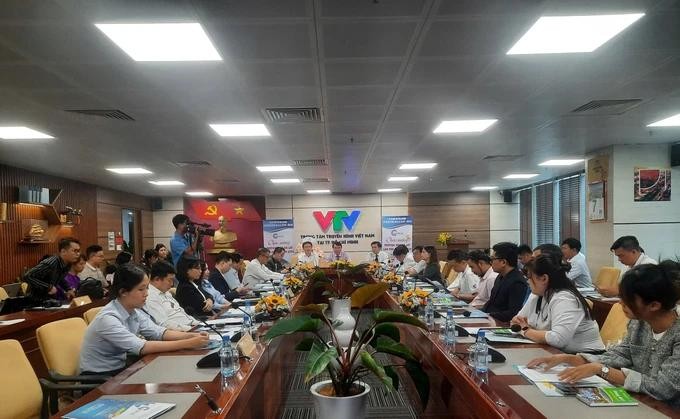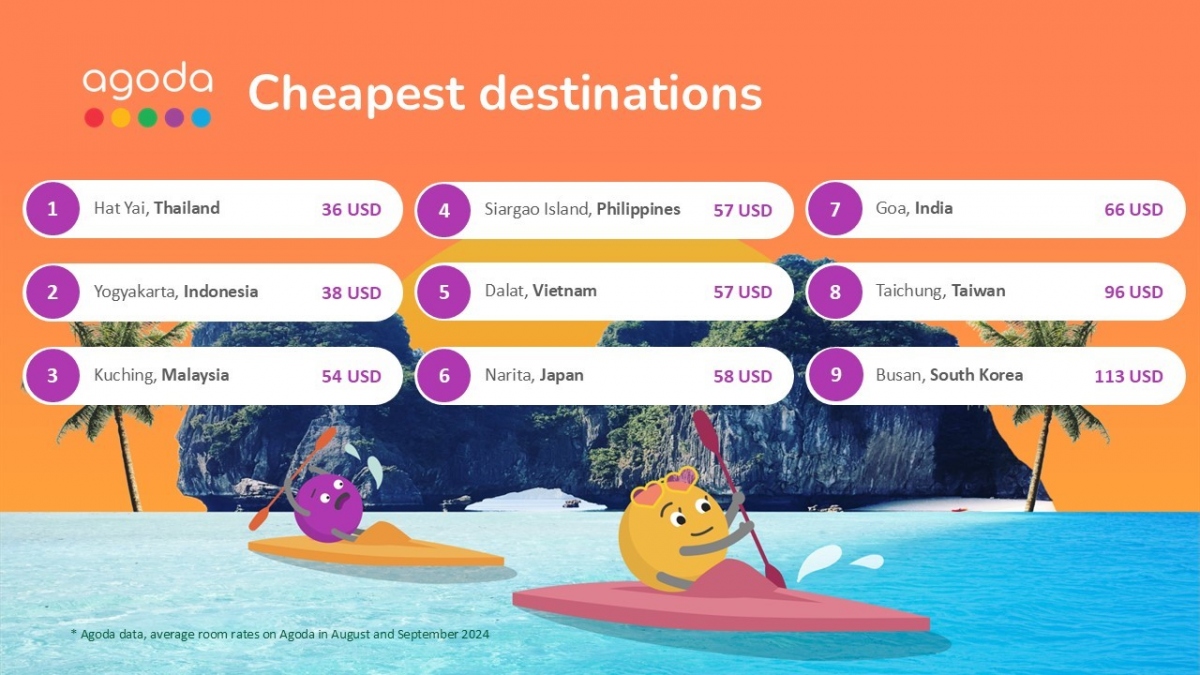VOV.VN - UK media outlet moneyweek.com recently published an article describing Vietnam as a thriving regional hub with ample scope for further rapid development.

The newswire assessed that the country’s smartphone dominance can in large part be put down to huge investments made by the Republic of Korea’s giant Samsung.
Vietnam remains intent on pivoting from “labor-intensive” textiles and electrical assembly work into more profitable sectors, such as semiconductors. Foreign capital is keen to contribute to this growth, particularly amid the growing pressure to diversify supply chains away from China.
The article mentioned the frontier market advantages, noting that the booming Vietnamese economy has remained below the radar for most foreign investors for the simple reason that it is still not classified as an emerging market by the MSCI.
The leading index compiler continues to consider the country a “frontier market”, putting its stocks in the same category as Benin, Kazakhstan, and Serbia.
An upgrade to emerging market (EM) status would likely prompt large inflows from funds that track the benchmark EM index, thereby delivering a boost to local stocks of an estimated US$5billion and US$8 billion.
Vietnamese stocks are the single largest component of the frontier-markets sector, with foreign investors spending recent years betting that an upgrade for such a dynamic emerging economy was only a matter of time.
According to information given by the article, the preponderance of property companies has made Vietnamese shares vulnerable to a post-pandemic bust.
The nation has faced milder inflation compared to many Western economies of late, a factor in enabling the central bank to cut interest rates four times this year. That has sent ordinary retail investors flooding into the market in search of better returns than those available on bank deposits. Indeed, there is never a dull moment on the Vietnamese market.
The article states that the nation has been dubbed the new Asian tiger, bringing to mind the rapid development of the Republic of Korea, Taiwan (China), Hong Kong (China), and Singapore in the latter half of the 20th century.
Vietnamese investors certainly hope that the country can emulate the example of the earlier tigers to climb into the high-income bracket, with these being defined by the World Bank as having a gross national income per capita above US$13,845.














